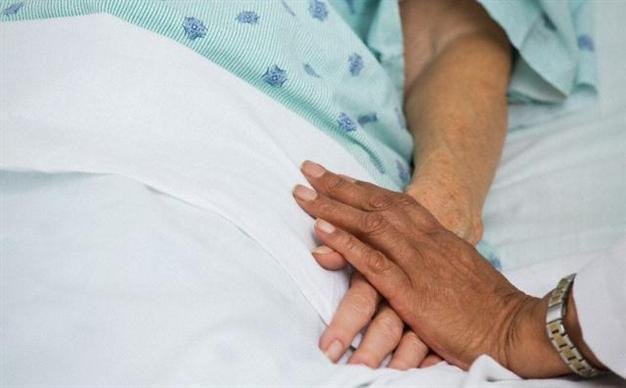'Suicide tourism' to Switzerland doubled: study
PARIS - Agence France-Presse

A total of 172 "suicide tourists" travelled to Switzerland in 2012, double the 2009 number, to die with medical assistance -- a practice prohibited in many countries, a study said Thursday.
German and UK citizens were the bulk of visitors, and the reasons most often cited were neurological conditions like paralysis, motor neurone disease, Parkinson's and multiple sclerosis.
There are four right-to-die organisations in Switzerland that allow nationals from other countries to use their services, according to a study published online in the Journal of Medical Ethics.
It is a phenomenon unique to Switzerland.
Records showed that 611 people from 31 countries had come to Switzerland as "suicide tourists" from 2008 to 2012 -- all but four of whom had visited the Dignitas clinic.
"Their ages ranged from 23 to 97, with the average being 69," said a press statement.
Nearly 60 percent were women.
Of the total, the top ten were from Germany with 268 and the UK with 126, 66 French, 44 Italians, 21 Americans, 14 Austrians, 12 Canadians, and eight each from Spain and Israel.
Most of the deaths were caused by the drug sodium pentobarbital, known as the "peaceful pill".
Four people inhaled helium in 2008, and died deaths that were described as "excruciating" in the media -- possibly the reason for a dip in visitors from 123 in 2008 to 86 the following year, the researchers said.
Suicide was plunged in the spotlight when Hollywood actor Robin Williams took his life last week after being diagnosed with Parkinson's disease.
Few countries regulate assisted suicide, or euthanasia, and in many it is a punishable crime to help someone end their life, even if they are suffering severe and incurable pain.
In Switzerland, assisted suicide is not clearly regulated by law, said the study authors.
Last year, the European Court of Human Rights urged the country to clarify the guidelines after an octogenarian who wanted to end her life failed to convince doctors to assist her because she was not ill enough.
The topic is hotly debated in the UK and France, among other countries.
Last month, South Africa's Nobel Peace laureate, archbishop emeritus Desmond Tutu, said he supported assisted dying for the terminally ill.
 A total of 172 "suicide tourists" travelled to Switzerland in 2012, double the 2009 number, to die with medical assistance -- a practice prohibited in many countries, a study said Thursday.
A total of 172 "suicide tourists" travelled to Switzerland in 2012, double the 2009 number, to die with medical assistance -- a practice prohibited in many countries, a study said Thursday.